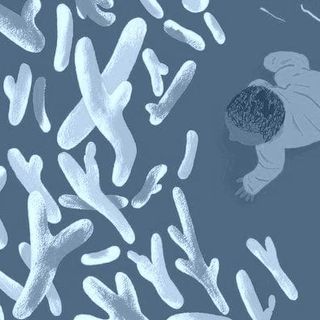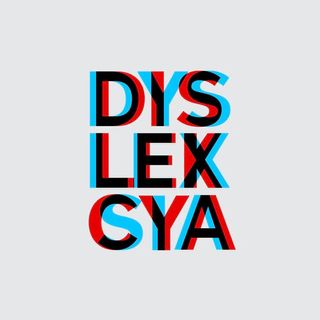When it comes to treating mental health problems in India, the stigma and fear of ‘log kya kahenge’ (what will people say) is enough to deter people from seeking the help they need. Combined with a lack of mental health services, this has created a broad gap in care. Tech companies have been heralded for identifying this gap (and market opportunity) and attempting to fill it. But a recent study has found the apps they offer might not be an effective solution to India’s mental health burden.
Researchers at the National Institute of Mental Health and Neuro Sciences (NIMHANS) studied the free mobile apps available to Indian android phone users who used the word ‘depression’ as a search term. Reviewing 278 such apps, the study, published in the Asian Journal of Psychiatry, found that only 12% of these provided guidance related to managing suicidal crisis, and only a third of them encouraged users to seek help from a licensed professional.
These apps offer a gamut of options, from online consultation, meditation and relaxation tips, online support groups, and screening tests, but researchers found that 90% of them failed to explicitly delineate their scope, or offer an initial screening for suitability to users’ struggles. The parameters that the study authors at NIMHANS maintained for effective apps included: the advice given to users on whether the app is right for them, whether the app is able to guide users to seek professional help if they need it, whether adequate guidance is given for managing consequences of mental health issues, and the range of therapeutic strategies utilized.
Related on The Swaddle:
While the apps may monitor behaviors, and provide mindfulness exercises and medication management, Seema Mehrotra, PhD, a professor at the department of clinical psychology at NIMHANS and one of the study’s authors, feels this isn’t enough to effectively treat mental health problems. “Apps often fail to provide information when a higher level or intensity of intervention is needed,” Mehrotra told The Hindu. “They are not focused sufficiently on breaking mental barriers to seeking professional help, nor offer ways to deal with psychological crises.”
Worryingly, the study authors also found that a privacy statement — confirming that users’ details would be kept confidential — was only provided for 40% of interactive apps, which means that there’s a very real potential for users’ data to be misused.
Dr Arshya Vahabzadeh, of the Massachusetts General Psychiatry Academy in Boston, claims that 2019 will be the year of clinical validation for digital tech aimed at treating mental health. Hopefully, this would be a solution to apps that might masquerade as handy mental health tools, but provide no real change for users. And users, especially ones in India, need this — according to a 2018 WHO report, India is the most depressed country in the world, with at least 6.5% of the population suffering from a serious mental health disorder. The stigma around seeking treatment for mental health problems desperately needs to be tackled, but until then, these apps must actually do what they say they do — help people.




